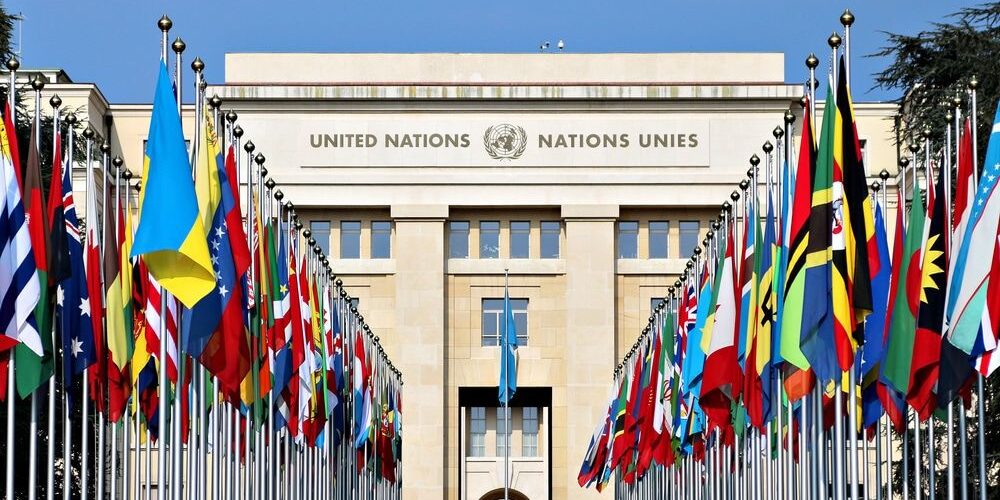The founder of the International Institute for Human Security (IIHS), Shon Abegaz, attended the recent AI for Developing Countries Summit (AIFoD), which concluded with a groundbreaking declaration and rich discussions on AI’s role in addressing developmental challenges. The forum brought together experts, policymakers, and activists to explore AI’s potential for positive change in the developing world. However, beyond the high-level conversations and visionary ideas, a critical takeaway emerged: much work remains to be done before the benefits of AI are fully realized in these regions.
The summit showcased AI’s transformative potential in areas such as healthcare delivery, resource allocation, education, and agricultural productivity. However, it also highlighted several obstacles that developing countries face, including gaps in infrastructure, digital literacy, governance, and equitable access to technology. Without addressing these foundational issues, AI could become a tool that deepens existing inequalities rather than alleviating them.
One major concern discussed was the lack of localized data and context-specific AI solutions. Many AI algorithms developed in high-income countries do not easily translate to developing regions due to differences in language, infrastructure, and socio-economic conditions. For instance, AI models designed for urban traffic optimization in North America may not be effective in cities with informal transport systems and limited data infrastructure. This points to the need for investments in research that prioritizes local contexts and community-driven data collection.
Another challenge is the digital divide, as many communities lack reliable internet access, affordable devices, and basic digital literacy—all essential for harnessing AI’s benefits. Addressing this divide requires strategic partnerships involving governments, international organizations, and private sector actors. Public-private collaborations can help deploy digital infrastructure, while community-based organizations can contribute to training and upskilling marginalized populations.
Governance and ethics were central to the discussions, emphasizing that AI deployment must be guided by human rights principles to ensure it benefits all, rather than perpetuating biases or inequalities. Inclusive regulatory frameworks are essential, and these must involve input from diverse stakeholders—governments, tech companies, and civil society groups alike.
The IIHS is committed to fostering action beyond dialogues. It calls for collaboration among policymakers and practitioners to address the infrastructural, educational, and ethical challenges obstructing AI’s growth in developing countries. The institute aims to prioritize advocacy, capacity building, and partnerships with local actors to ensure AI implementation is inclusive, equitable, and sustainable.
The AIFoD Summit was a powerful reminder that while AI holds immense potential, realizing its benefits requires concerted, on-the-ground efforts. Now is the time to act.








